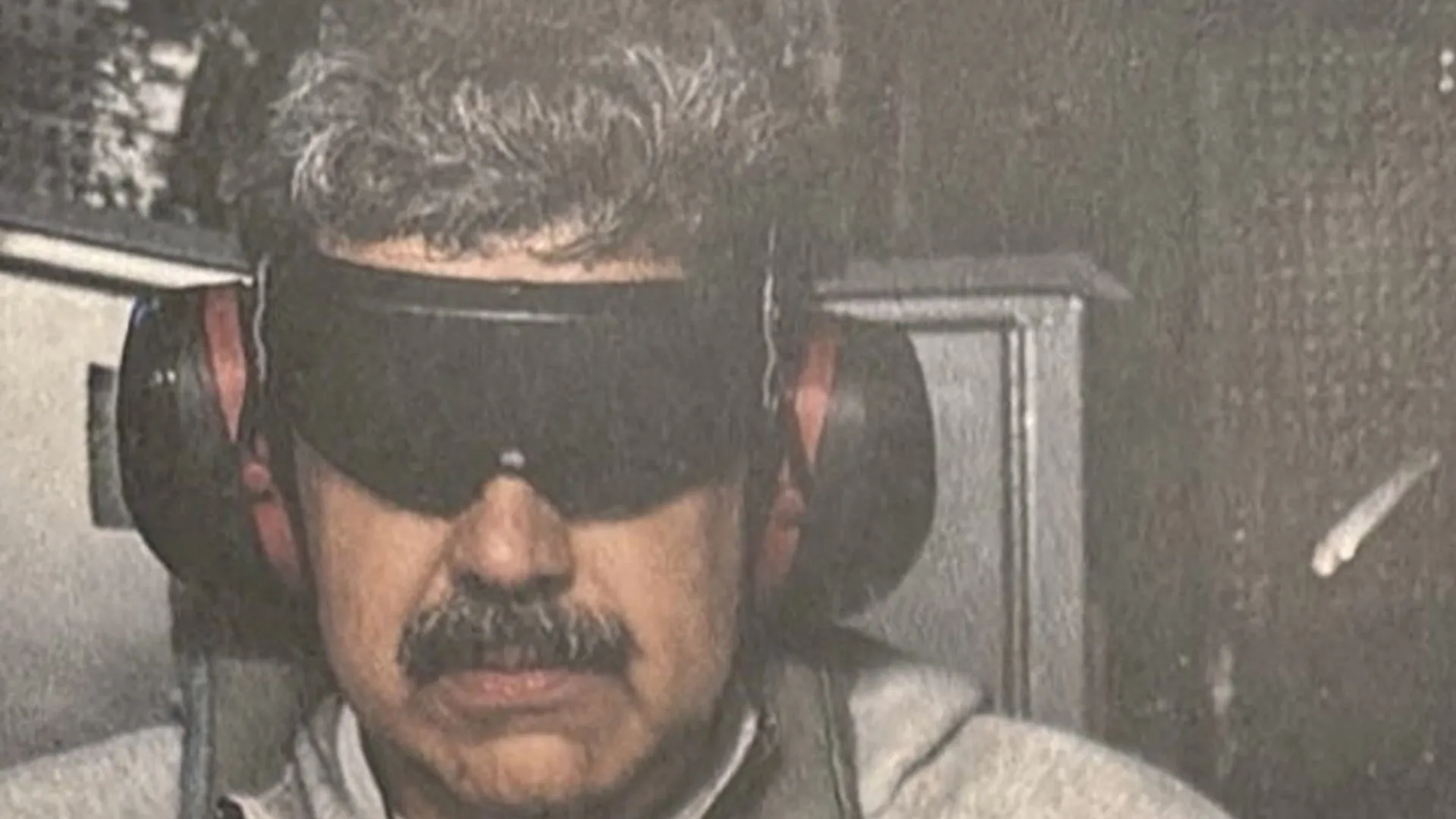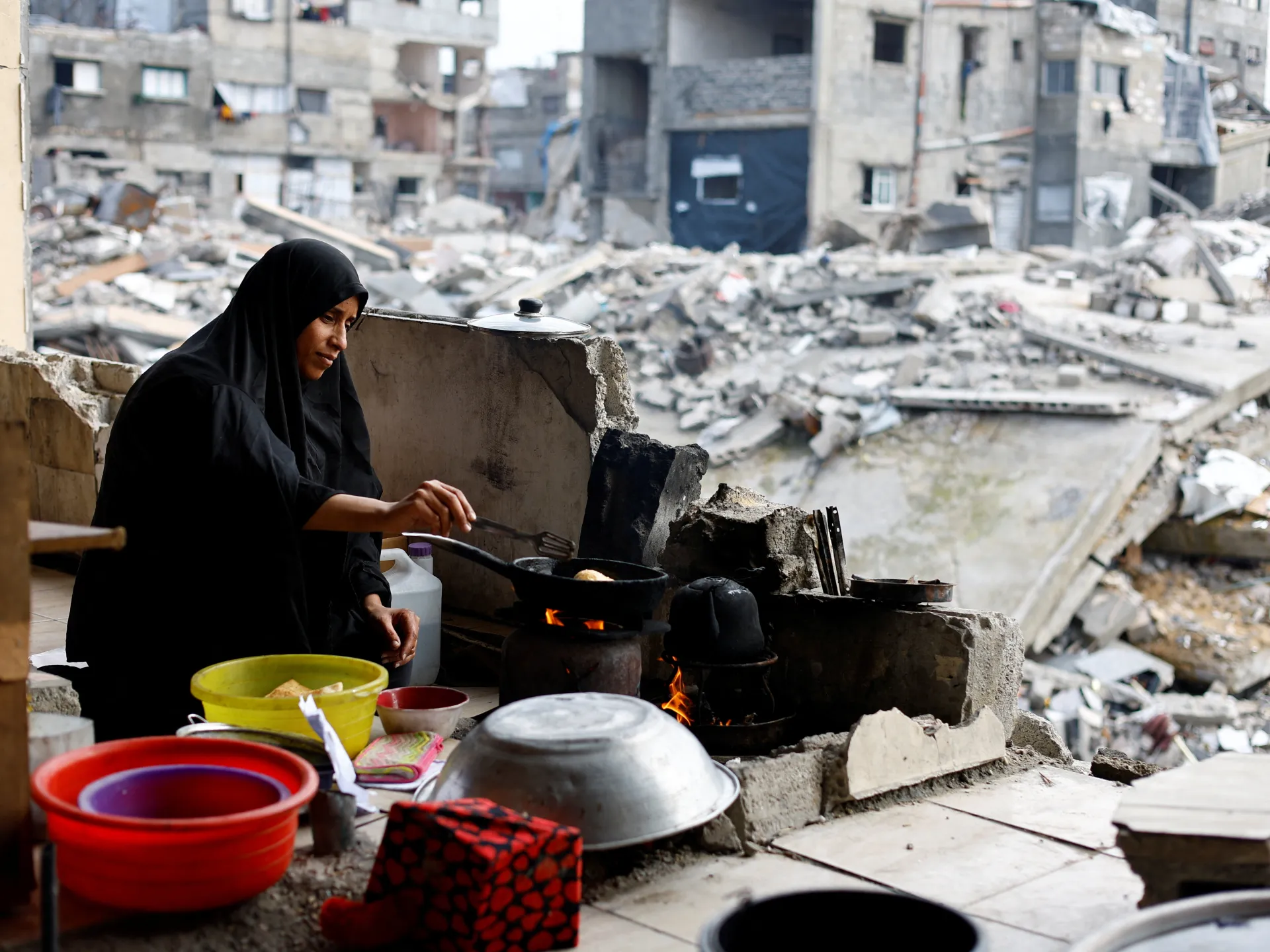Israel faces mounting global condemnation as a ban on dozens of international aid organisations working to provide life-saving assistance to Palestinians in the war-ravaged Gaza Strip has come into effect.
On Thursday, a group of 17 human rights and advocacy organisations in Israel condemned the prohibition, saying it “undermines principled humanitarian action, endangers staff and communities, and compromises effective aid delivery”.
Recommended Stories
list of 3 itemsend of list
“Israel, as the occupying power, has an obligation to ensure adequate supplies to Palestinian civilians. Not only is it failing to fulfil that obligation, but it is also preventing others from filling the gap,” the groups said.
Israel has revoked the operating licences of 37 aid groups, including Doctors Without Borders, known by its French initials MSF, and the Norwegian Refugee Council, for failing to comply with new government regulations.
The new rules require international NGOs working in Gaza and the occupied West Bank to provide detailed information on staff members, as well as their funding and operations.
Israel has defended the move by accusing international organisations that work in Gaza of having links to Hamas and Palestinian Islamic Jihad – without providing any evidence.
But experts say the requirements contravene humanitarian principles and follow a longstanding Israeli government campaign to vilify and ultimately impede the work of aid groups providing assistance to Palestinians.
“The new registration framework violates core humanitarian principles of independence and neutrality,” the Israel-based rights groups, including B’Tselem and Physicians for Human Rights-Israel, said in Thursday’s statement.
“Conditioning aid on political alignment, penalizing support for legal accountability, and requiring the disclosure of sensitive personal data of Palestinian staff and their families all constitute a breach of duty of care and expose workers to surveillance and harm.”
‘Pattern of unlawful restrictions’
The ban comes as Israel has waged a genocidal war against Palestinians in the Gaza Strip, imposing restrictions on food, medicine and other humanitarian aid deliveries to the coastal territory.
Israeli violence has also soared in the occupied West Bank, with the military forcing tens of thousands of Palestinians out of their homes in what Human Rights Watch has described as war crimes and crimes against humanity.
Against that backdrop, United Nations human rights chief Volker Turk said earlier this week that Israel’s NGO ban is “the latest in a pattern of unlawful restrictions on humanitarian access” in the occupied Palestinian territory.
Doctors Without Borders said in a social media post that, as of Wednesday, it was still waiting on the renewal of its registration to operate in Gaza and the West Bank under the new Israeli rules.
“The Palestinian health system is decimated, essential infrastructure is destroyed, and people struggle to meet basic needs. People need more services, not less,” MSF said.
“If MSF and other INGOs lose access, hundreds of thousands of Palestinians would be cut off from essential care.”
Former UN humanitarian chief Martin Griffiths, who sits on the board of the Norwegian Refugee Council, told Al Jazeera he was not optimistic about what will happen next.
“The reality is these agencies are essential to aid delivery – [and] aid delivery in particular in the Gaza Strip,” Griffiths said. “They are the last mile, the phrase used in humanitarian operations to those who actually deliver the aid to the people involved.”

